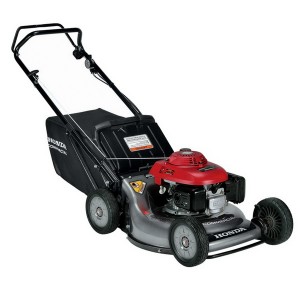Last Wednesday evening I took my girls to play mini-golf. When you play putt-putt with twin 6-year olds, you don’t bother playing yourself. You just try to keep them focused on the hole in front of them and hopefully not climb the Windmill or wade in the water hazard.
They are still learning and don’t yet understand the importance of a soft touch. Emma had a two footer to finish out the first hole. At the top of her backswing I had to grab the club because her follow through would have driven the ball down the Superstition Freeway. Annie couldn’t get to the next hole fast enough. Hit the ball and run. Hit the ball and run. We had the best time together and they enjoyed figuring out the ramps and which door to hit their ball through.
It was getting to be about 7:30 and they were starting to fade so we stopped to come home. We weren’t done with the course but it didn’t matter. They were whining a little on the way out and weren’t acting as nicely as they could. Their behavior was nothing I had to discipline them for. It had been a long day for them and they were tired. I got them home for some food, a bath, and bed.
In the middle of the night, maybe around 4 AM, I felt someone looking at me. Annie was standing there. She crawled in and snuggled up next to me, face to face.
“Daddy, I’m sorry that I quit golfing tonight.”
That didn’t sound like the real reason she was out here talking to me in the wee hours. I told her she didn’t quit, we just decided to come home.
Then she said, “Daddy, I’m sorry that I wasn’t very nice to you on the way home.”
So that’s it.
I told her it was ok. That she was tired and we all get cranky when we’re tired. I hugged her and told her how much I appreciated her apology. “It’s not easy to say you’re sorry, Annie. I’m very proud of you. Do you want to go back to bed now?”
She nodded.
“Are you ok?”
She smiled, “I’m ok.”
“I love you, Annie. So much.”
“I love you too so much.” And she trotted off to her room.
I learn from my kids all the time. Here’s what I learned from Annie at 4 in the morning.
Annie thought it was so important to make things right with me that she got up in the middle of the night to do it. It is a hard thing to come to someone and confess and apologize. I know that’s true for me. More often than not, our ego keeps us from saying the things we need to say to those we’ve hurt or offended. The longer we wait, the harder it gets.
That’s what the Bible means when it talks about “giving the devil a foothold.” When we let our conscience grow cold, we clear a spot for all the wrong things to grow in our heart. Hard feelings. Bitterness. Grudges. Resentment. Once those grow deep, pride becomes a ruthless gardener who is loathe to let them be uprooted.
Annie’s apology reminded me of another truth. When we care enough about the other person to say “I’m sorry” and make things right, we elevate and honor the relationship. Annie showed me in word and action that I was a person she cared about enough to talk about what was troubling her. And significant to me was how I felt when it was over. When she apologized for what she perceived was a hurtful thing she had done, I would have moved the world for her. I don’t know that I’ve ever been more proud of Annie. Because of the respect and honor she showed me, it makes me want to work even harder at being a better Dad. That single 60-second transparent moment deepened our relationship.
When we confess and apologize for the hurts we’ve caused, we:
Communicate a contrite heart that cares about making things right.
Communicate respect to the person and our relationship.
Communicate that the person is more important than our pride.
Communicate a desire to move forward in a healthy, restored way.
God, help us be people who care enough to say, “I’m sorry.”
“And be kind to one another, tender-hearted, forgiving each other, just as God in Christ also has forgiven you.” – Ephesians 4:32
Todd A. Thompson – September 19, 2006


